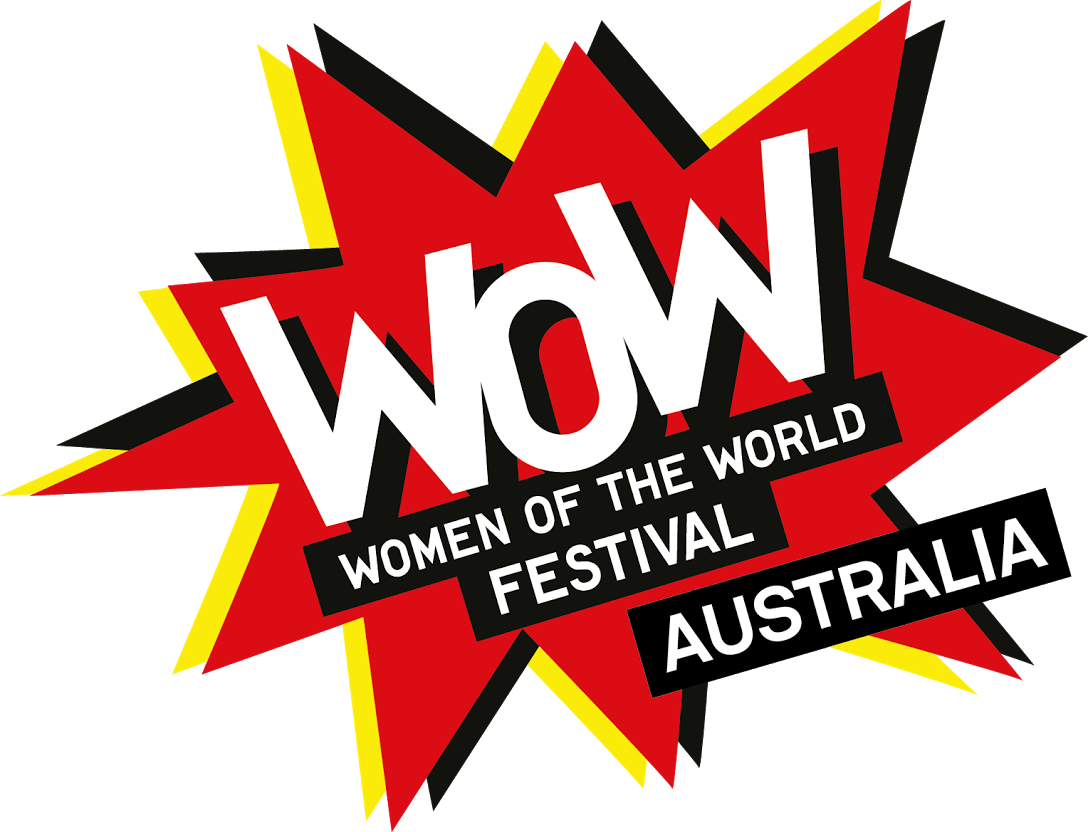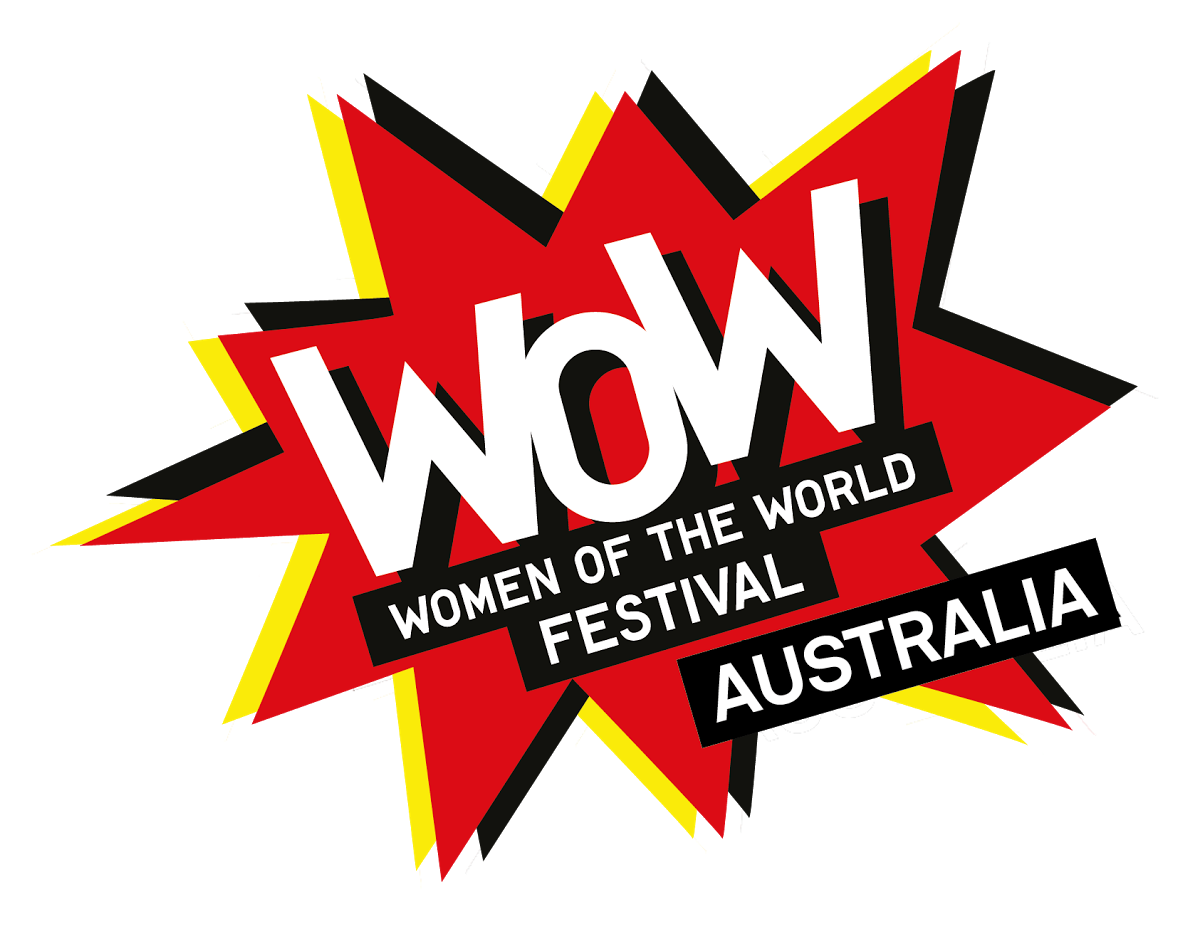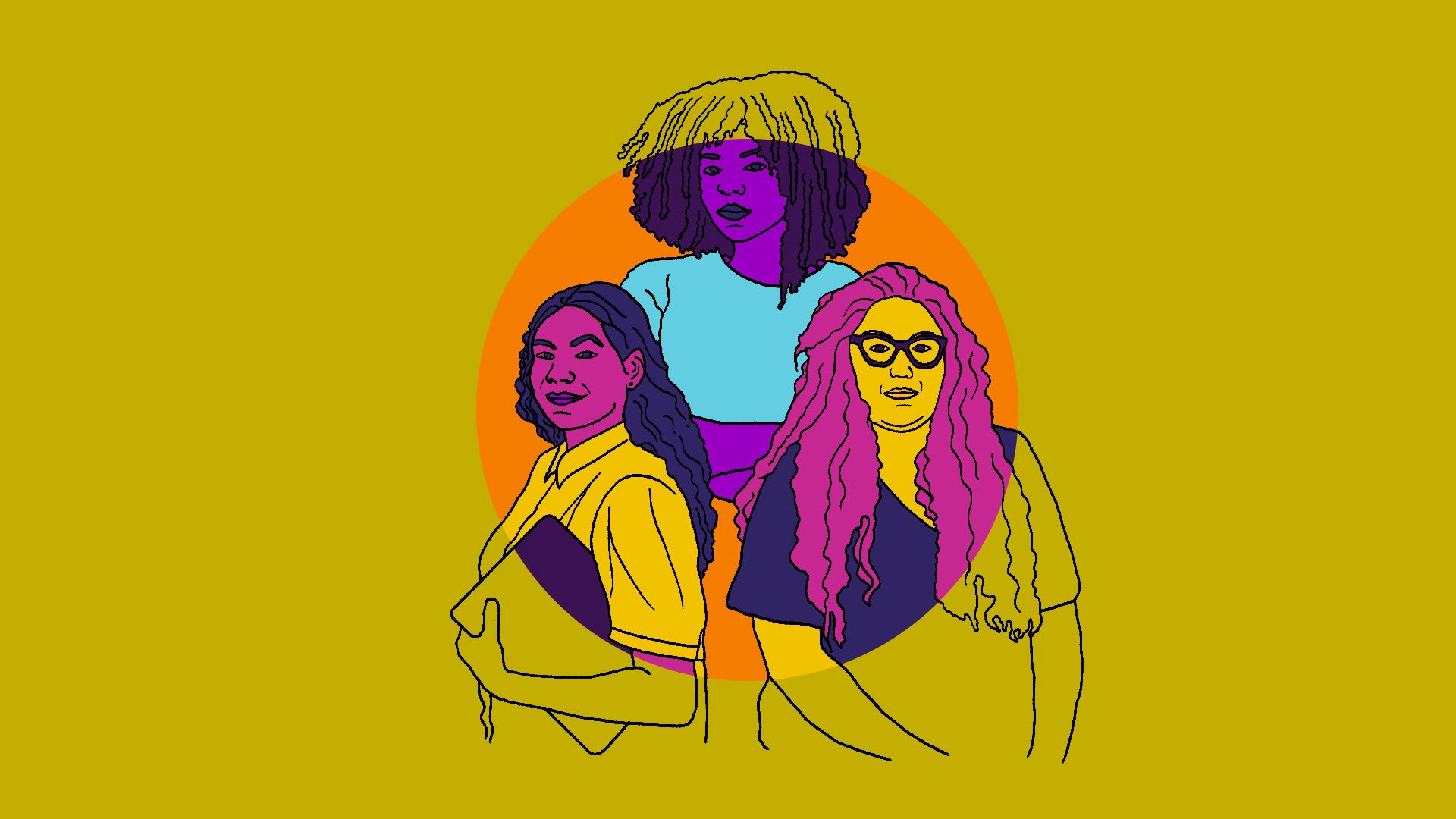Nicki Hutley: “What a way to make a livin’"
On Saturday 11 June 2022, WOW Australia in partnership with QPAC and Griffith University, hosted a conversation following on from a performance of 9to5: The Musical, which looked at the issues raised in the show and for women’s economic security today. It was a lively, thought-provoking conversation facilitated by leading Australian economist Nicki Hutley and including one of the stars of the show, singer, songwriter, actress Casey Donovan, Co-Producer of 9to5 Suzanne Jones, General Secretary of Queensland Teachers Union, Trustee of the Australian Retirement Trust, Kate Ruttiman, and First Nations mother, wife, volunteer and Managing Director of Iscariot Media Leesa Watego. We are pleased to present Nicki Hutley's introduction in full.
I’d like to set the scene for you with where I see gender equality - from an economics perspective, at least. Women in Australia have made significant economic progress since I was a kid, and especially since I began my career in the 1980s. As quite a young girl, I can clearly remember my grandmother saying that children were the only way a woman could be fulfilled. Even as a young girl this idea seemed not right to me. Some years later, in my last year of school, my mum told me a different story, insisting that I would go to uni, get a good job and have my own, what she called, 'F.U. money”. She felt trapped for many years in two bad marriages because of a lack of financial independence.
But of course, life is not as simple as getting a good, or better job, as some former politicians would have it. The performance of 9 to 5: The Musical certainly brings back some bad memories from my early career. When my three kids were quite small, I felt genuinely ‘lucky’ that anyone would employ a part-time economist. But, leaving the office of the funds management firm where I worked at 3.00pm each afternoon, almost without fail, there would be calls from my overwhelmingly male colleagues about how I was slacking off, going home early to ‘relax’.
Relax?! If only I could have trained the four-year-old to put on the washing, the three-year-old to cook our meals and the baby to make a martini! But harder than the juggling act was the fact that part time work meant a substantial pro-rated wage gap and being passed over for a promotion specifically and only because I was a part-timer.
Fortunately, things have improved, albeit not enough. Neither Australia nor any single other country in the world is on track to achieve gender equality and empowerment of all women and girls in the coming decade, as set out in the UN’s agenda 2030 for sustainable development.
When I think of my own children, this could lead me to despair. But I remain optimistic that the future can be brighter. It’s been said that women shaped the federal election outcome and we now have a record number of women in cabinet – 10 out of 23. I hope that this will give us better policy outcomes as opposed to the Hi-Viz strategies we are used to. So much of the covid recovery spending went to male dominated sectors – roads, construction and of course gas and other fossil fuels. I can’t help thinking that a stronger female input might actually have seen us build back better as we were promised.
There is an expression that “only what gets measured, gets managed”. If that is true, then we are lucky to have the Financy women’s index, which measures the progress of women towards equality, across a number of economic pillars including employment, wages, superannuation, unpaid work, board positions and education outcomes. The Index tells us quite clearly the nature and size of economic inequality faced by women, as well as the pace of progress we are making (or not making). The Financy index also tells us how long it might be until we reach equality on these measures, if we were to keep progressing at the same pace of recent years. I’d also like to acknowledge the even greater challenges faced by transgender and gender-diverse people. Unfortunately, the statistics for these groups are very poor at this stage.
It won’t surprise anyone here to know that women who work full time earn around 14% less than their male counterparts, on average. If we take into account overtime, that gap expands to 20%. And if we account for the part time work that is overwhelmingly done by women, the gap in total earnings is 45%. While this gap has been eroded in recent years, we are still 22 years away – practically another generation – from wage equality.
With an ever-rising cost of housing relative to incomes, it’s hardly surprising that women over 50 make up the fastest growing cohort of homeless. This wages gap translates into a similar divergence in super balances, with balances for women remaining a third below that of men.
One driver of disparity in wages and super lies in career choice. Despite women undertaking more tertiary study than men – at both TAFE and university – subject choice leads to careers with lower wages. Because it seems we value female-dominated industry jobs less than male-dominated sectors, even when the skill levels required are similar. And even when we get level numbers of enrolments, for example in medical degrees, somehow the system leads to the most senior positions ending up predominantly with men.
The Financy Women’s Index is a score that reflects women’s financial progress towards economic gender equality in Australia. The Index is released quarterly and is all about inspiring women through insights to live courageously and confidently – to be fearless.
In my own profession, economics, it is hard to get women to enrol in the first place. While economists are the brunt of many jokes, we do a lot of important policy work – like explaining the benefits of gender equality! But somewhere in the first few years of schooling, girls get the idea that they aren’t good at maths. The problem is also made worse by a lack of visible role models. It’s said that “you can’t be what you can’t see.” In Australia, we have never had a female treasurer or governor of the reserve bank. And the bank of economists turning up on your tv screens most nights are overwhelmingly male (and white). I congratulate organisations like the ABC that have adopted a 50-50 policy to get more women out there.
However, the single biggest driver of disparity between men and women in the index, rests with unpaid work. Even when both partners work, women typically do twice as much unpaid work for every hour of paid work compared to men. Addressing this imbalance is an enormous challenge but it is great to see that the figures for younger people are at least somewhat better than for my generation.
A silver lining of the covid lockdowns, if we can call it that, was an increase in awareness of this caring burden that is overwhelmingly borne by women. Many a father saw first-hand, for the first time, the real challenges of juggling careers and kids. But they also appreciated the opportunity to have more time to bond with their children, which augurs well for a greater division of caring in the future. Despite some progress in most recent data, we are still almost 60 years – more than two generations – away from equality on this front. And this means women are less able to engage in the type and amount of work that they really would like.
We are also held back of course by a tax system that unfairly penalises us, lack of affordable childcare and a combination of failed housing and transport policies. And to add insult to injury, women are charged a pink premium for many products such as toiletries and clothing. Recent research from the productivity commission showed that more than 90,000 women disengaged from the workforce over just one year purely because the cost of child care was too high. This is a shocking waste of talent and educational investment. The NSW government has estimated the economy would be 8% bigger by 2060 if we can get women’s participation in the workforce equal to men’s.
I claimed earlier that I was optimistic, and I meant it. One strong positive from the index recently has been the further progress made by women on boards, now accounting for 35% of directorships, more than double the figure of a decade ago. So perhaps quotas do work! But maintaining the pace of progress will take strong leadership from our male “champions of change”. In just the past year, the rate of progress on this front more than halved.
Women still have many more hills to climb to reach our goals for economic equality. But with genuine leadership and innovative policy, we can get there. Equality will deliver enormous economic and social dividends. And addressing the imbalance in economic power will deliver women greater confidence to ask for what they deserve and to fearlessly protest toxic behaviours.
So, how are you going to make a difference today?
To the men here, I would ask you to ask yourself: how can I be a better advocate for equality through my actions, as well as words.
And to the women, I would like to quote the award-winning journalist and entrepreneur, Michelle Ruiz:
‘If people are doubting how far you can go, go so far that you can’t hear them anymore’.
Join us for WOW Logan on July 16 2022 to continue this conversation with ‘Money Money Money’ facilitated by CEO of Financy, Bianca Hartge- Hazelman.
Nicki Hutley
Nicki Hutley is a highly experienced economist, with broad-based expertise in both macroeconomics and microeconomic policy, gained over more than three decades in financial and investment markets and in economic consulting. After many years in the corporate world, including most recently as a partner with Deloitte Access Economics, Nicki is now an independent economist, advising governments, business and not-for-profits. She is also a Councillor on the Climate Council.
Nicki holds an Honours degree in Economics. In 2021, she was elected President of the NSW Brach of the Economics Society of Australia. Nicki is a frequent commentator in the media and is a regular guest on The Drum and The Project.










